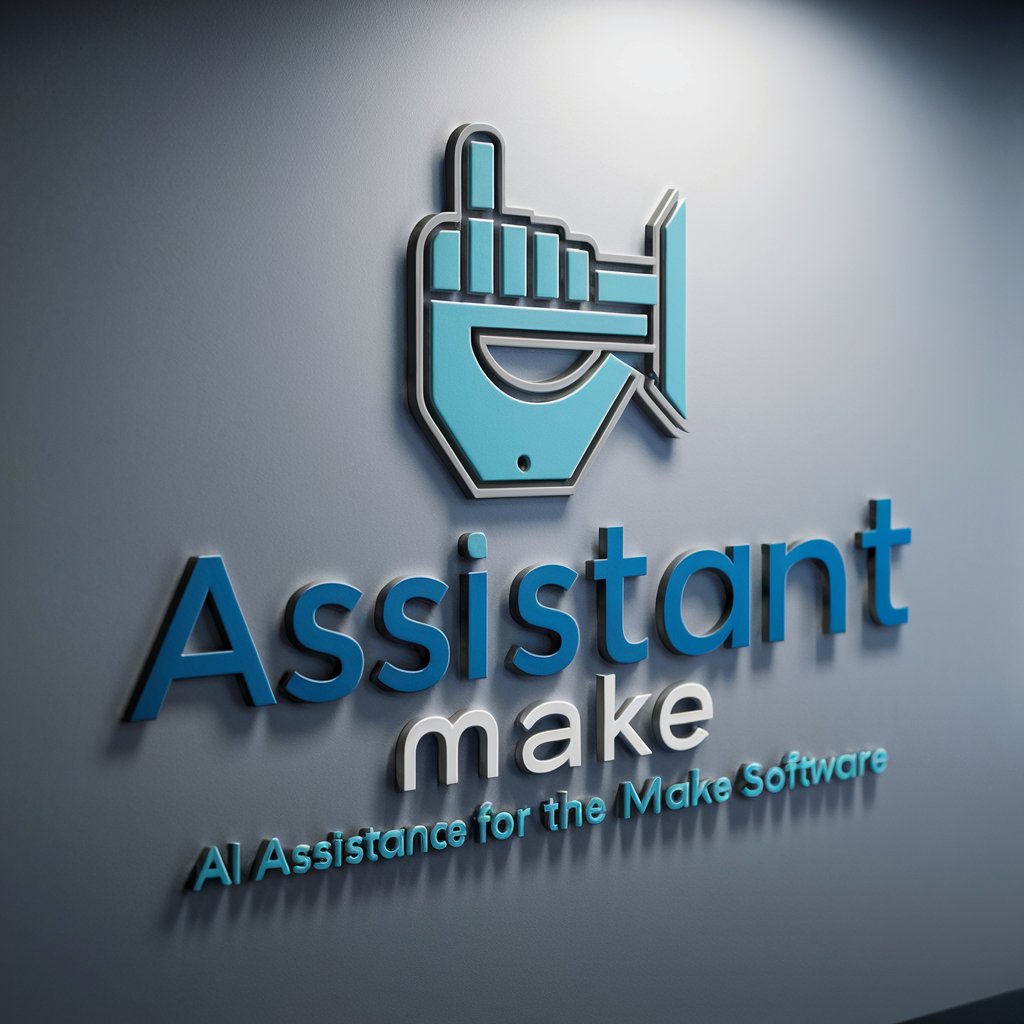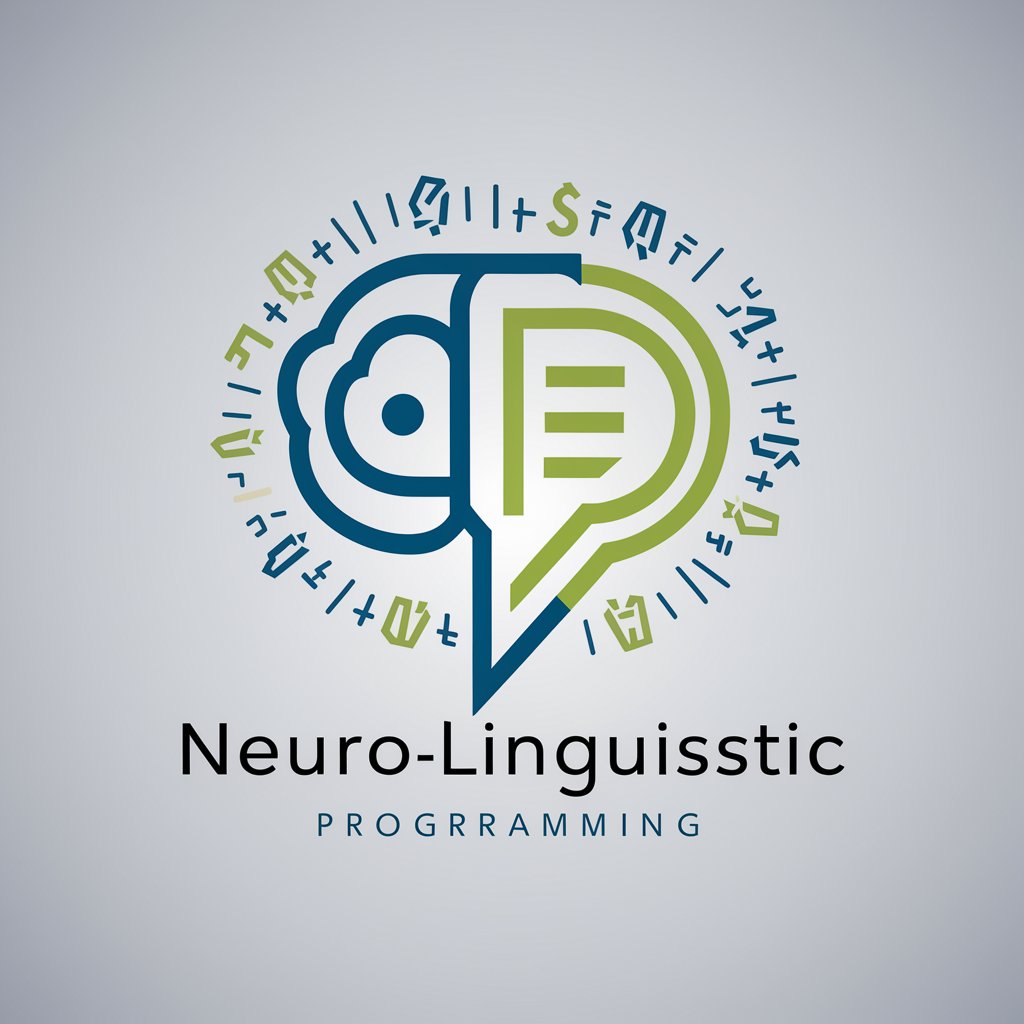Assistant Make - Assistance for Makefiles

Hello! Ready to optimize your build process with 'make'?
Streamline Builds with AI-Powered Make Help
How do I create a simple Makefile for a C++ project?
What is the best way to handle dependencies in Makefiles?
How can I use 'make' to automate my build process?
What are common issues in Makefiles and how do I debug them?
Get Embed Code
Introduction to Assistant Make
Assistant Make is designed specifically to assist users with the GNU Make tool, which is widely used for managing and automating the build process of software projects. The core function of this assistant is to offer step-by-step guidance on creating and managing Makefiles, executing make commands, and troubleshooting common issues related to make. This guidance includes constructing Makefile syntax, defining dependencies, and automating tasks like compilation and linking. For example, Assistant Make can help a user convert a manual compilation command sequence into a Makefile that executes all steps with a single 'make' command, ensuring a repeatable and efficient build process. Powered by ChatGPT-4o。

Main Functions of Assistant Make
Makefile Creation
Example
Transforming a manual compilation process of a C program into a Makefile.
Scenario
A user needs to compile multiple C source files into an executable. The Assistant can guide them through defining the compiler, specifying source files, setting target outputs, and writing rules that describe how files depend on each other, ultimately automating their build process.
Makefile Optimization
Example
Adding automatic dependency generation to a Makefile.
Scenario
A developer updates their C source frequently and needs to ensure that their Makefile automatically understands which files to recompile when changes occur. Assistant Make can instruct on integrating tools like GCC's -MMD flag to generate dependencies dynamically, saving the developer time and reducing errors.
Troubleshooting and Debugging
Example
Diagnosing and fixing a 'missing separator' error in a Makefile.
Scenario
When a user encounters this common error, Assistant Make can explain that this usually happens due to incorrect tab usage instead of spaces before command lines in rules. The assistant provides specific guidance on how to identify and correct these issues within the Makefile.
Ideal Users of Assistant Make
Software Developers
Software developers who need to automate and manage their build processes efficiently are ideal users. They benefit from learning how to write more effective Makefiles, automate tasks, and understand more complex build systems that may involve numerous dependencies and require frequent compilation.
Educational Institutions
Instructors and students in computer science and software engineering can use Assistant Make to teach or learn about build systems and Makefiles. It provides a practical tool to demonstrate the importance of build automation and repeatable builds in software development.
Embedded Systems Engineers
These professionals often deal with complex build environments where multiple cross-compilation tools are used. Assistant Make helps them set up Makefiles that handle diverse toolchains and configurations, ensuring that builds are reproducible and consistent across development teams.

Using Assistant Make: A Step-by-Step Guide
Initiate a Free Trial
Visit yeschat.ai to start a free trial of Assistant Make, no login or ChatGPT Plus required.
Identify Your Needs
Determine the specific make-related tasks you need assistance with, such as writing Makefiles or debugging build processes.
Engage with Assistant Make
Input your queries related to make, and receive detailed, step-by-step guidance tailored to your specific build automation tasks.
Apply the Guidance
Apply the instructions provided by Assistant Make directly into your development environment to streamline and optimize your build processes.
Iterate and Optimize
Use feedback from your build system to refine your Makefiles and commands, consulting Assistant Make for further optimizations.
Try other advanced and practical GPTs
Apprendre le japonais 🇯🇵
Master Japanese with AI-Powered Coaching

Multilingual Translation Expert
Bridging languages with AI precision.

Styrkelære Tove
Master Mechanics with AI

Coupon GPT
Unlock Savings with AI-Powered Codes

Copywriting Genius
Harness AI for Unstoppable Copy

English to Slovak
Seamless translation, AI-enhanced accuracy

Devcastle AI
Empower Your Creativity with AI

Neuro-LinguisticProgramming
Empower Your Mind, Enhance Your Communication

QuizMaster LeadGen AI
Harness AI to Generate Leads

Quizmaster Pro
Crafting Smarter Quizzes with AI

GTP Quizmaster
Craft Smart, AI-Powered Quizzes

QuizMaster AI
Challenge Your Mind with AI

Frequently Asked Questions About Assistant Make
What is Assistant Make primarily used for?
Assistant Make is designed to help users with creating and managing Makefiles, automating build processes, and providing specific solutions to problems encountered while using GNU make.
Can Assistant Make help optimize existing Makefiles?
Yes, it can guide you through analyzing and optimizing existing Makefiles to improve build efficiency and resolve potential issues like redundant dependencies or incorrect build sequences.
Does Assistant Make support debugging make errors?
Absolutely. It offers detailed explanations of common errors and step-by-step troubleshooting guides to resolve issues such as missing dependencies or failed build commands.
How can I use Assistant Make to learn about advanced make features?
Assistant Make can provide advanced tutorials on features like pattern rules, automatic variables, and special targets, enhancing your understanding and skill level with make.
Is Assistant Make suitable for team projects?
Yes, it is highly beneficial for team projects. It aids in standardizing Makefiles across different development environments and ensures consistent build processes, facilitating better collaboration and integration.
